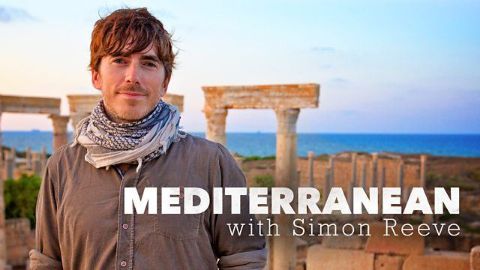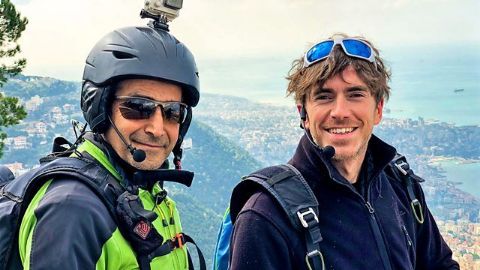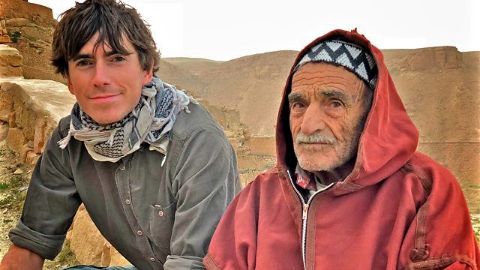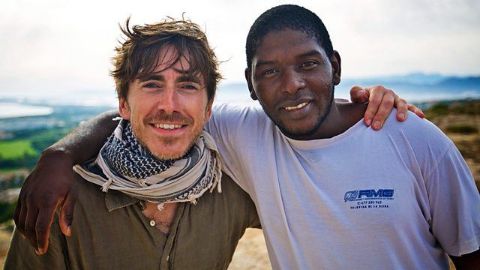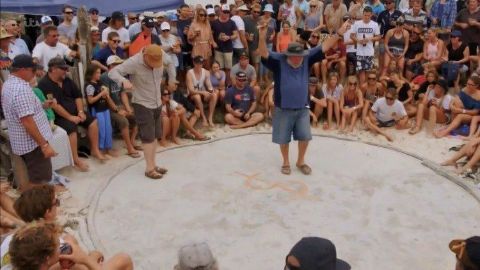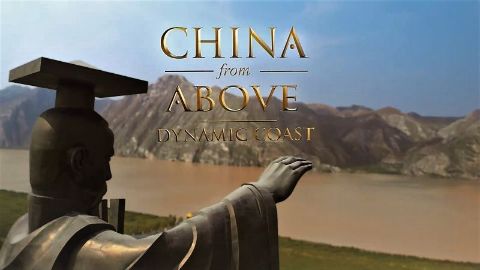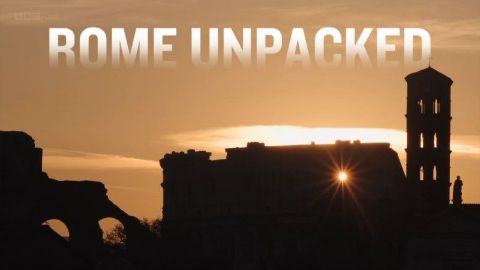Libya to Sicily • 2018 • episode "S1E3" • Mediterranean with Simon Reeve
He begins in Libya - a country well off the tourist trail and torn apart by revolution, insurgents from the so-called Islamic State and western air strikes. Simon visits the Mediterranean city of Sirte, which has been the scene of heavy fighting. Here Simon witnesses some of the worst destruction he has ever seen, with entire neighbourhoods of the city completely flattened. He also visits the remains of Leptis Magna - one of the world's best-preserved Roman cities which many feared could fall into the hands of IS - and meets the young volunteers who risked their lives to protect it. Travelling west along north Africa's Mediterranean coast, Simon arrives in Tunisia, a country that - unlike its neighbour - has long been a tourist destination. He travels to the spectacular fortress village of Chenini, where houses were carved into the mountain by the Amazigh - better known as the Berbers. Today Berbers are a small minority in Tunisia, but Simon finds one man who is keeping the traditions alive by harnessing camel power to make olive oil and excavating rock by hand to build new Berber homes. From Tunisia, Simon boards the overnight ferry to the island famous as home to the mafia, Sicily. In recent years, a government crackdown and public rebellion has substantially weakened the mafia's grip on the island, but in the countryside there are worrying signs of a comeback. The mafia is trying to take advantage of rural Sicily's population decline, but Simon soon discovers that migrants and refugees who have traveled across the Mediterranean to Europe are finding new homes in Italy's emptying villages. Simon meets three inspiring sisters who - despite constant intimidation, including the skinning of their much-loved dog - are making a defiant stand against the mafia.
Make a donation
Buy a brother a hot coffee? Or a cold beer?
Hope you're finding these documentaries fascinating and eye-opening. It's just me, working hard behind the scenes to bring you this enriching content.
Running and maintaining a website like this takes time and resources. That's why I'm reaching out to you. If you appreciate what I do and would like to support my efforts, would you consider "buying me a coffee"?
Donation addresses
BTC: bc1q8ldskxh4x9qnddhcrgcun8rtvddeldm2a07r2v
ETH: 0x5CCAAA1afc5c5D814129d99277dDb5A979672116
With your donation through , you can show your appreciation and help me keep this project going. Every contribution, no matter how small, makes a significant impact. It goes directly towards covering server costs.
